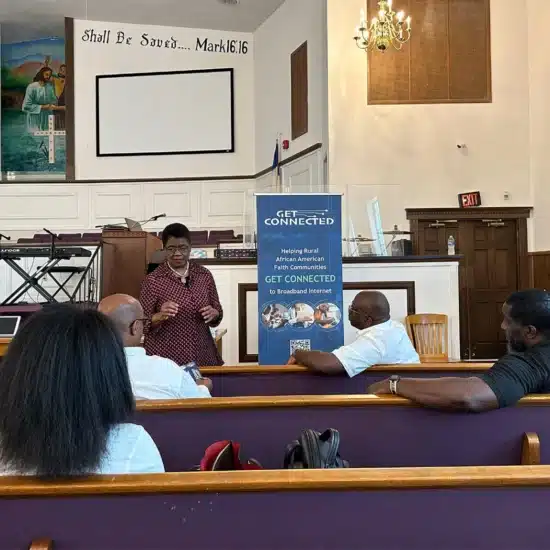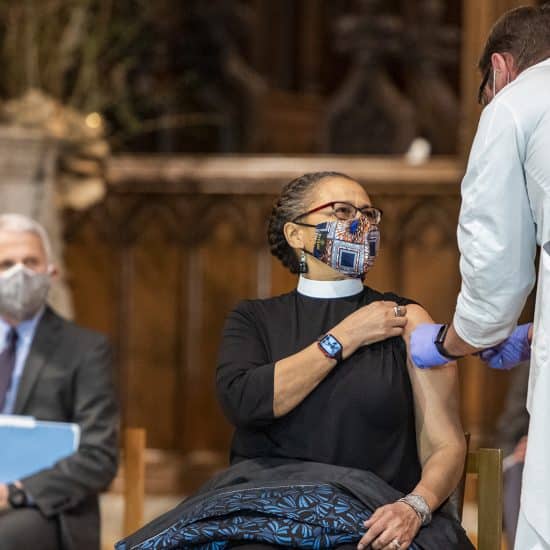 |
MURFREESBORO, Tenn. (ABP)—Career coaching has been around in the business field for decades. More recently, it spun off a concept of life coaching. Now, the coaching concept is starting to make its impact in churches.
Most experts credit Benjamin Karter, a former football coach turned motivational speaker, as one of the originators of the personal coaching field. As coaching began to be viewed as having a broader application than just leadership training for business executives, Karter’s background in athletics prompted speeches focused on mentoring, role modeling and helping people identify and then pursue life goals.
Today, a “life coach” is a person who provides general guidance and support seeking to improve others’ professional and personal lives.
Ircel Harrison, an associate with Pinnacle Leadership Associates in Lexington, S.C., said coaching is different from therapy and counseling, both of which require a high level of knowledge and should be left to experts. It’s closer to mentoring and consulting, except those relationships connote more of a teacher-learner dynamic where one partner imparts experience or expertise on the other.

Ircel Harrison
|
Coaching, he said in an interview, is more a matter of self-discovery. The “elevator speech” he uses is “to help people discover their growing edge and then live into it.”
“The whole coaching idea is that most of us already know what we need to do; we just need to find a way to do it,” Harrison said.
Coaching involves a formal relationship that helps people develop structures of accountability. “People grow best in accountability structures,” he said.
People choose whether to be accountable in various walks of life, Harrison said. They become accountable to an employer or business in order to earn a living and join Alcoholics Anonymous or Weight Watchers because they want to change their habits and lives.
In churches, however, accountability too often is viewed as a dirty word, Harrison said. Since retiring as coordinator of the Tennessee Cooperative Baptist Fellowship at the end of 2008, he has worked with Pinnacle President Mark Tidsworth to develop a program called Disciple Development Coaching.
“People connect to a church when they are engaged, when they are growing, when they are very honest that they have certain needs and those needs are being met,” Harrison said. “One way that happens is through growth, and growth comes through accountability.”
Structures of accountability already exist in groups like Sunday School classes, where members encourage and support one another in small-group settings, Harrison said. The difference with coaching, he said, is it is more formalized, and the coach learns some basic skills in listening, setting goals and maintaining accountability structures.
A former campus minister, Harrison always invested a lot of his time on student discipleship, typically with group studies of books like Richard Foster’s Celebration of Discipline.
While they have similar goals, Harrison said, traditional discipleship and coaching use different methods.
“The thing that for me differentiates peer coaching from a lot of the traditional discipleship is most of the discipleship programs I have been a part of have been more of a mentor-student type of dynamic, and usually a pretty structured curriculum kind of approach,” he said.
“This approach is much more: ‘OK, help me identify what I need to do in my life, and then I’m going to go out there and find resources. I might even go to my pastor and ask him for a list of resources.’”
One byproduct of the approach is it makes the ministers of the church more resource providers than experts about religion.
“What we have tried to do is say if you have a need and can verbalize that, instead of telling you what to do, we encourage you to brainstorm about possibilities of what you can do for yourself,” Harrison said.
He noted he “really didn’t know much about it” before entering the coaching field. Over the past two years, he has coached 12 people—mostly ministers and most utilizing long-distance meetings by phone.
He is seeking to implement coaching principles with lay people in his congregation, First Baptist Church in Murfreesboro, Tenn., and believes it also has application in church staffs where the lead pastor relates to other staff as a coach and not just as a supervisor.
“Quite honestly, it’s one of those things where not everybody is going to want to do this,” he acknowledged. “It’s for folks that think: ‘I’d like to be more intentional about certain things, whether it’s my spiritual life, my marriage or my work in the community. I need a peer who will stand along beside me and encourage me in the right direction.’”






